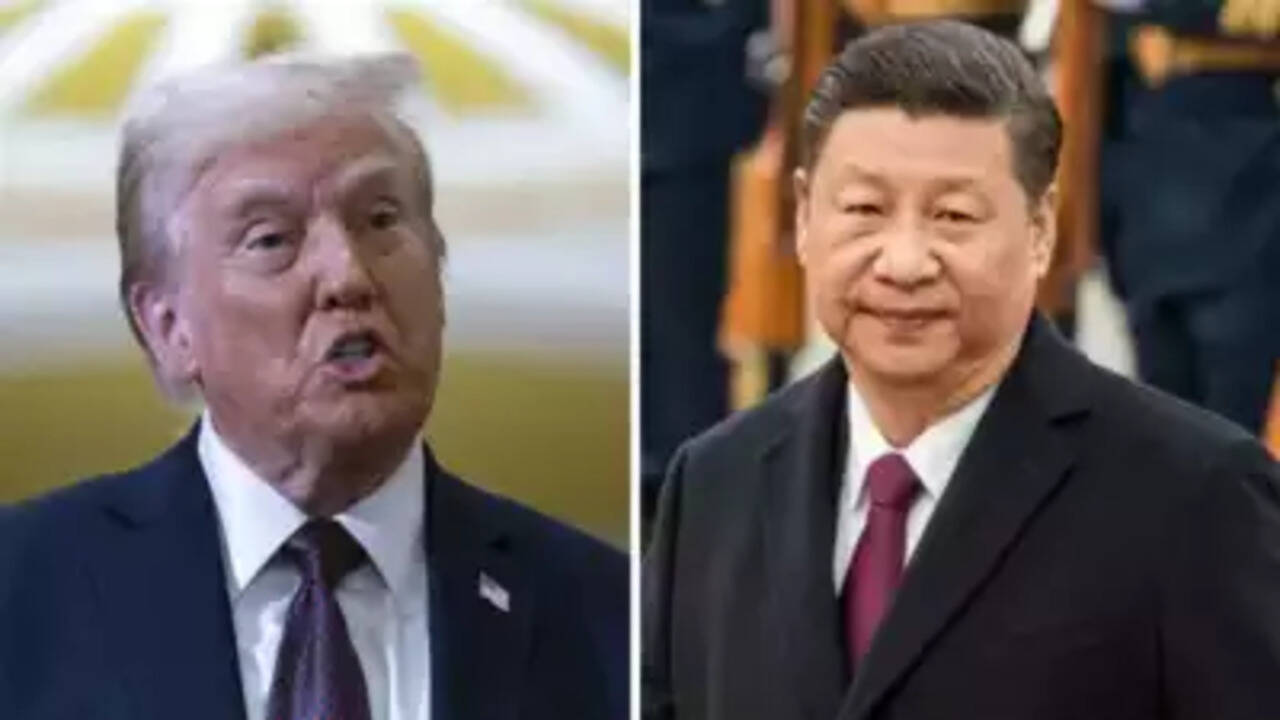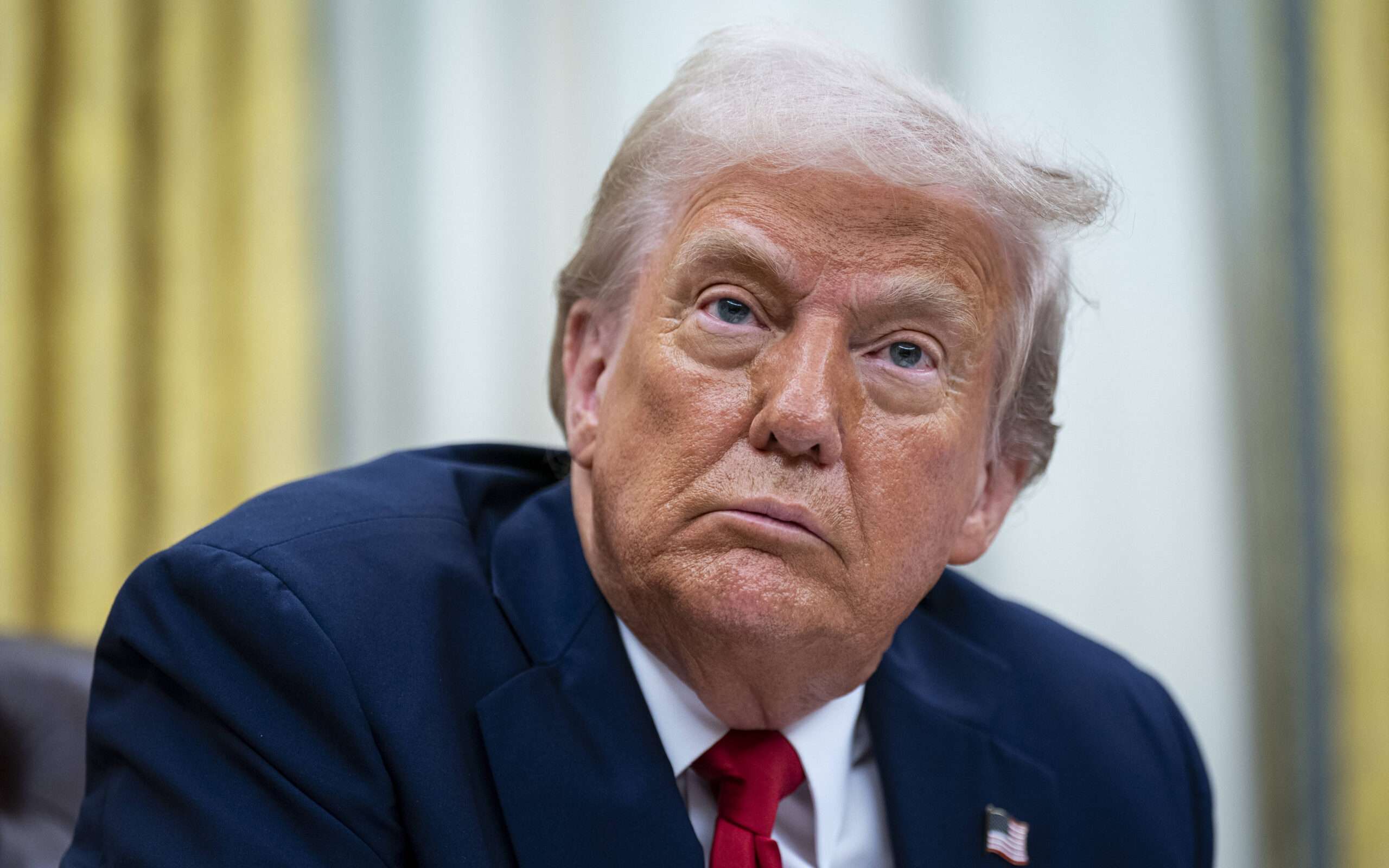Tariffs Threaten Global Trade Decline
Explore how recent tariffs, primarily spearheaded by U.S. policy, create a significant threat to global trade dynamics, impacting both developed and developing economies alike.
Published April 17, 2025 - 00:04am

Image recovered from bssnews.net
The global trade landscape is on the brink of a significant downturn, as recent tariffs implemented by the United States under President Donald Trump's administration raise alarm. The World Trade Organization (WTO) has been vocal in highlighting the substantial negative impact these tariffs may have, as they predict global merchandise trade could decline anywhere from 0.2% to 1.5% in 2025, depending on the unfolding of these policies.
The WTO's concern is centered on the profound uncertainty these tariffs generate, which threatens to destabilize global trade further. With tariffs imposing a minimum increase of 10% on global imports, alongside significant duties of 25% on steel, aluminum, and automobiles, the potential for volatile international trade relations becomes more pronounced.
China, a key player in this unfolding scenario, has retaliated with tariffs reaching up to 125% on U.S. imports, escalating tensions between the world's two largest economies. The WTO warns that this tit-for-tat trade war could fracture global trade networks into separate geopolitical blocks, significantly impairing interconnected economies and reducing global GDP by almost 7% by 2040.
The potential disruption in U.S.-China relations is particularly troubling, as trade between these superpowers, although only constituting about 3% of global merchandise trade, could have far-reaching ramifications for the rest of the global economy if deterrent measures continue. The WTO foresees that American exports might plummet by 12.6% in North America, while China's exports to other global regions could see marginal growth as it diversifies its trade partners outside the Western hemisphere.
For vulnerable economies, particularly those heavily reliant on select export goods, these shifts pose a critical threat. Smaller and less developed economies might find themselves squeezed by the effects of rising tariffs and the subsequent cost increases and access restrictions in international markets.
Despite the temporary relief a 90-day suspension on certain tariffs might provide, long-term uncertainty looms over international trade policy, potentially resulting in a chilling effect on global growth. The WTO's economic forecasts have been downgraded from earlier projections, casting a shadow on past optimism for 2025, which now faces stark reality with the risk of escalating economic barriers.
The situation commands immediate attention from policy-makers worldwide to mitigate the damages already underway. Cooperative international dialogue and negotiations stand as pivotal mechanisms to avoid further fragmentation of global economic relationships, emphasizing bilateral and multilateral agreements to stave off enduring economic stagnation.







